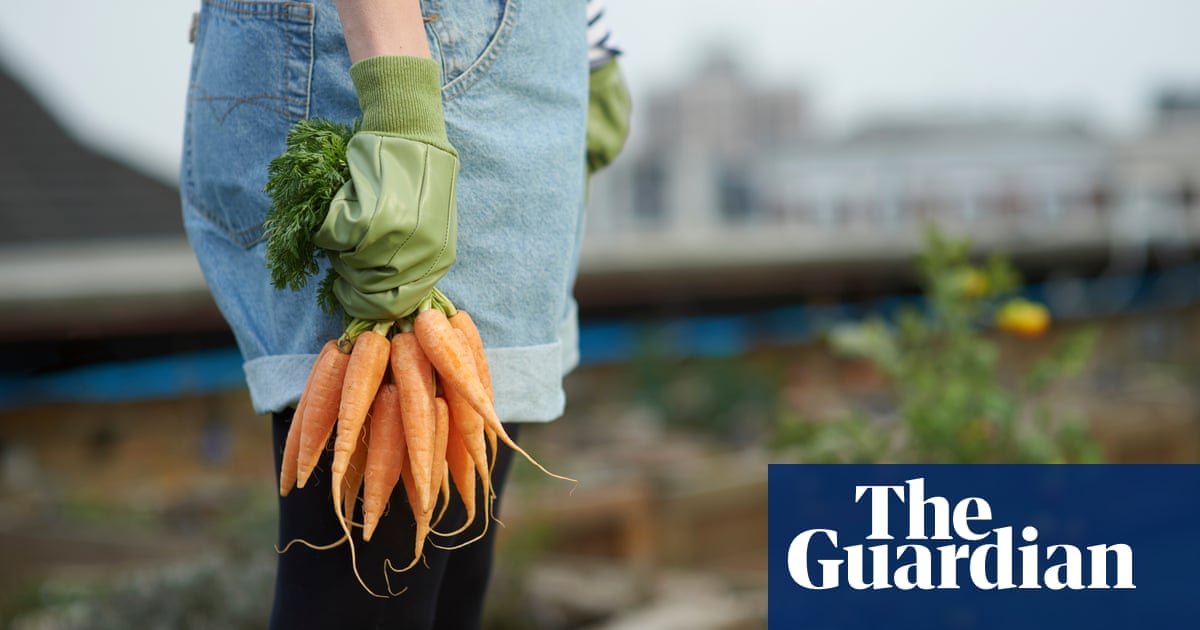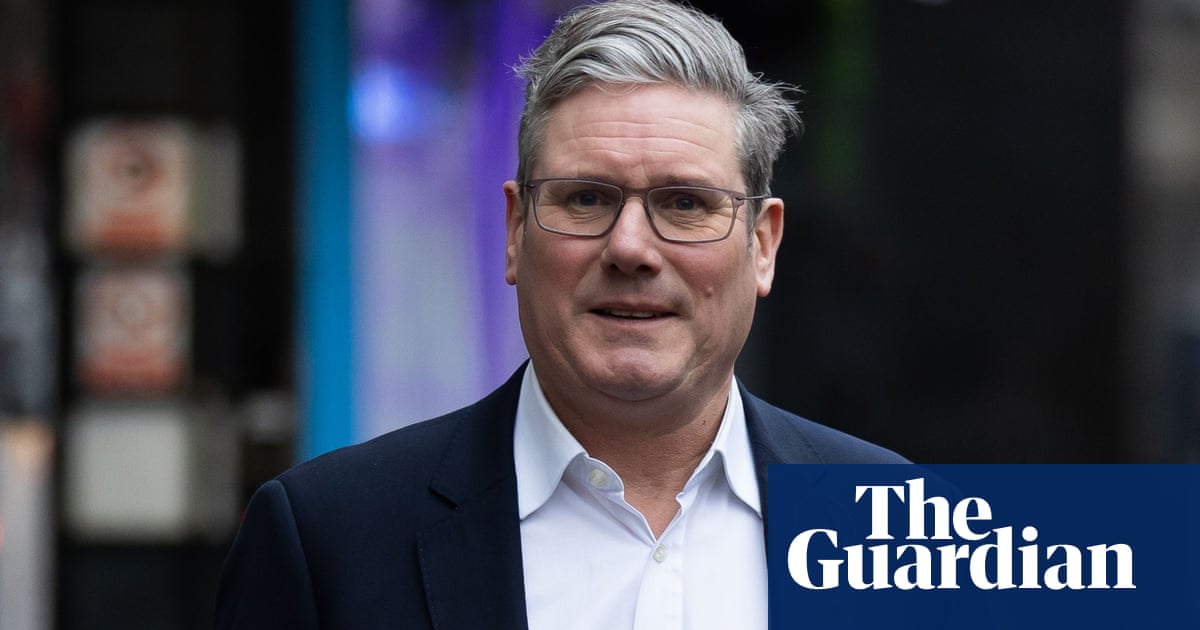
The Parkers Arms in rural Lancashire is freezing cold and cannot take bookings over the phone, at least for now. Four days ago, Storm Arwen took out the power lines and telephone wires linking this rural Lancashire gastropub to the outside world.
Its ever-optimistic proprietor, Stosie Madi, expects normal service to resume by the weekend at the pub in Newton-in-Bowland. But now – like the rest of the hospitality sector – she has a new worry on her mind: the Omicron variant of Covid-19.
“We’re fully booked for the Christmas season and we’re quite pleased with that but we’ve had some cancellations come through,” she says, adding that the bulk came on Sunday after Boris Johnson announced tighter rules in response to the variant.
She worries fresh Covid-19 pessimism risks dampening trade, which had been booming since restrictions were lifted in the summer.
“People have been making up for lost time but the worst thing that could happen is if we’re stopped from trading,” Madi says. “This year they’ve said they won’t lock us down again but you know what he [Johnson] is like. You never know how quickly he changes his mood. If we had to close down completely, that would be a disaster. I don’t know if I could pull the strength out for that.”
Madi is one of thousands of publicans, nightclub owners and restaurateurs dreading a rerun of last winter, when soaring cases and newly identified variant led to a lost Christmas.
While hospitality has escaped any new restrictions in Sunday’s announcement, which reintroduced compulsory mask-wearing in shops and on public transport, the uncertainty over whether they will eventually be brought in may already be taking its toll.
“There will undoubtedly be an impact as consumers digest the news and take steps to protect themselves,” says Kate Nicholls, chief executive of trade body UKHospitality. “There’s no doubt there will be a chilling effect on confidence, while travel restrictions may mean some bookings are being cancelled.”
A second Christmas lockdown would be “catastrophic” for a sector still rebuilding from last year and heavily reliant on the festive period, she says.
Peter Marks, chief executive of 46-venue nightclub group Rekom UK, has already had to revive the company from the ashes of Deltic, the firm’s former name before it was rescued from administration by a Scandinavian firm.
The nightclub industry has been closed for longer than any other hospitality segment and received less support.
“It makes me want to scream at the fact that I’m sat here waiting for the next piece of virtue-signalling from government where they start picking on us, on nightclubs in particular,” says Marks.
“If you lose Christmas and new year it would cost millions and mean you would not have the cash to see you through the sparse trade of January and February.”
Even restrictions such as having to ask for vaccine status on the door could have a major effect now, he adds. “Slow queues in freezing conditions are not conducive to great trade.”
Nicholls argues that any reimposition of curbs on hospitality must come with renewed economic aid. “Last year we had grants, reduced VAT and full furlough but none of those are in place now. Businesses wouldn’t be able to cope. Substantial restrictions should mean substantial support.”
At the Old Millwrights Arms in Aylesbury, landlady Liz Hind has been fielding questions from punters about whether masks are coming back to pubs. “People are very confused about what they are supposed to be doing, the story of the pandemic really,” she says, warning the longer-term effect on pubs will be hard to reverse.
“The pub industry Facebook chatter is that the people who are more concerned about Omicron were already staying away. We’ve got that long-term change in customer behaviour.”












